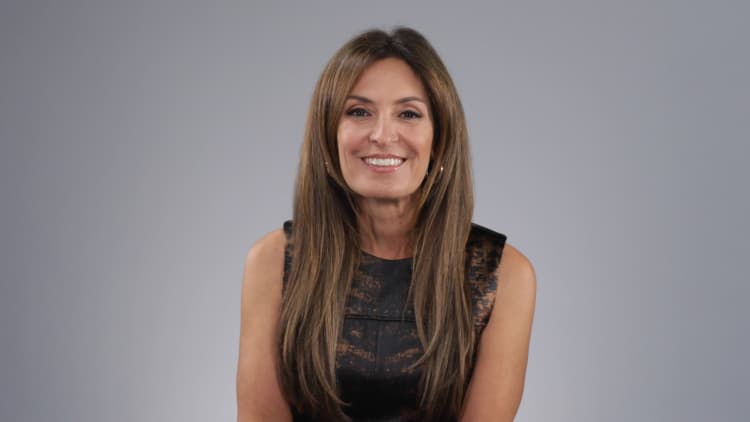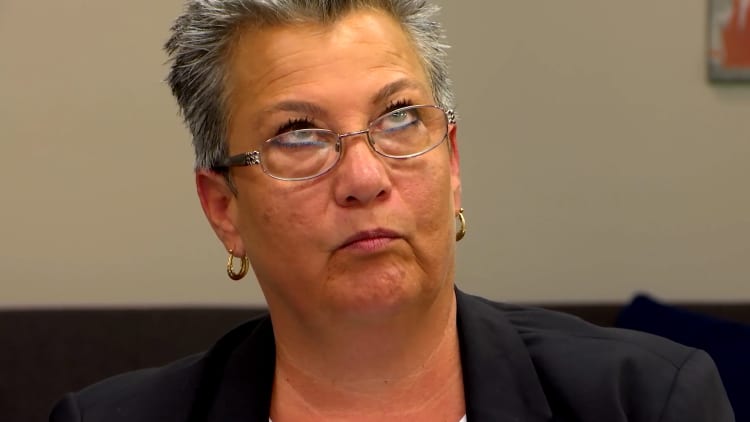Your ultimate goal in an interview is to stand out from the competition. Certain keywords can help you do just that, says Barry Drexler an expert interview coach who has conducted more than 10,000 interviews.
With over 30 years of HR experience at notable companies like Lehman Brothers and Lloyds Bank Group, Drexler says these are the 12 most "powerful" words that should be added to your interview vocabulary:
'Leadership' and 'management'
Even if you're not applying for a leadership role, employers like to hear that you have some leadership experience and can command a team if need be, says Drexler. If you are applying for a leadership role, then honing in on these two words becomes all the more important.
These words also hold more weight than other senior-level descriptions like "supervisor," says Drexler. "I mean, even McDonald's has supervisors," he tells CNBC Make It. "So say, 'I led a team or I managed a team.'"
'Strategy' and 'plan'
Employers like candidates who have a calculated way of thinking, so bring up any strategic plans that you oversaw or any strategic roles that you held, says Drexler.
He adds that interviewers also like hearing that you created a plan because it shows that you're detailed and think through how you want to accomplish tasks.
Having a plan or being a planner also shows that you're a visionary, says Drexler, and are able to develop that vision into a project that will get results.
'Established'
Drexler calls this word a "power" word because it holds weight and emphasizes what comes next. For example, "I established this strategy" sounds more authoritative than "I wrote this strategy" or "I came up with this strategy," he says.
'Results' and 'achieved'
Employers' ears perk up when they hear these two words, says Drexler. These words signify success and demonstrate your ability to hit a set goal.
They also add a sense of credibility to your statement. Drexler suggests that instead of saying, "What we ended up doing" or "I did this" you swap in "My result was" or "I achieved this."

'Influence' and 'persuade'
Drexler explains that influence demonstrates clout and an ability to sway others. However, he says, people often make the mistake of saying, "I presented this plan and my managers agreed," or "My managers liked the plan."
Those words aren't powerful enough. Instead, Drexler advises that you say, "I influenced management to approve my plan " or "I persuaded my bosses to greenlight my project."
'Recommend' and 'suggest'
Rather than saying "I asked my manager to approve this plan," say "I recommended that we approve this plan" or "I suggested to my manager that we approach the plan this way," says Drexler.
These words show that you are able to develop your own plans and make an argument for why your boss should approve them. Drexler notes that they also show your sense of leverage, whereas the word "ask" makes you sound like you're just seeking permission.
'Collaborate'
The interview coach points out that you rarely work in isolation these days. Having experience collaborating with others shows that you can delegate and keep track of moving piece.
"I collaborated with another department just sounds much more powerful than I worked with another department," adds Drexler.
Like this story? Like CNBC Make It on Facebook.
See also:
11 common words and phrases to avoid using in a job interview
This popular advice could tank your interview—use a 3-step approach instead



